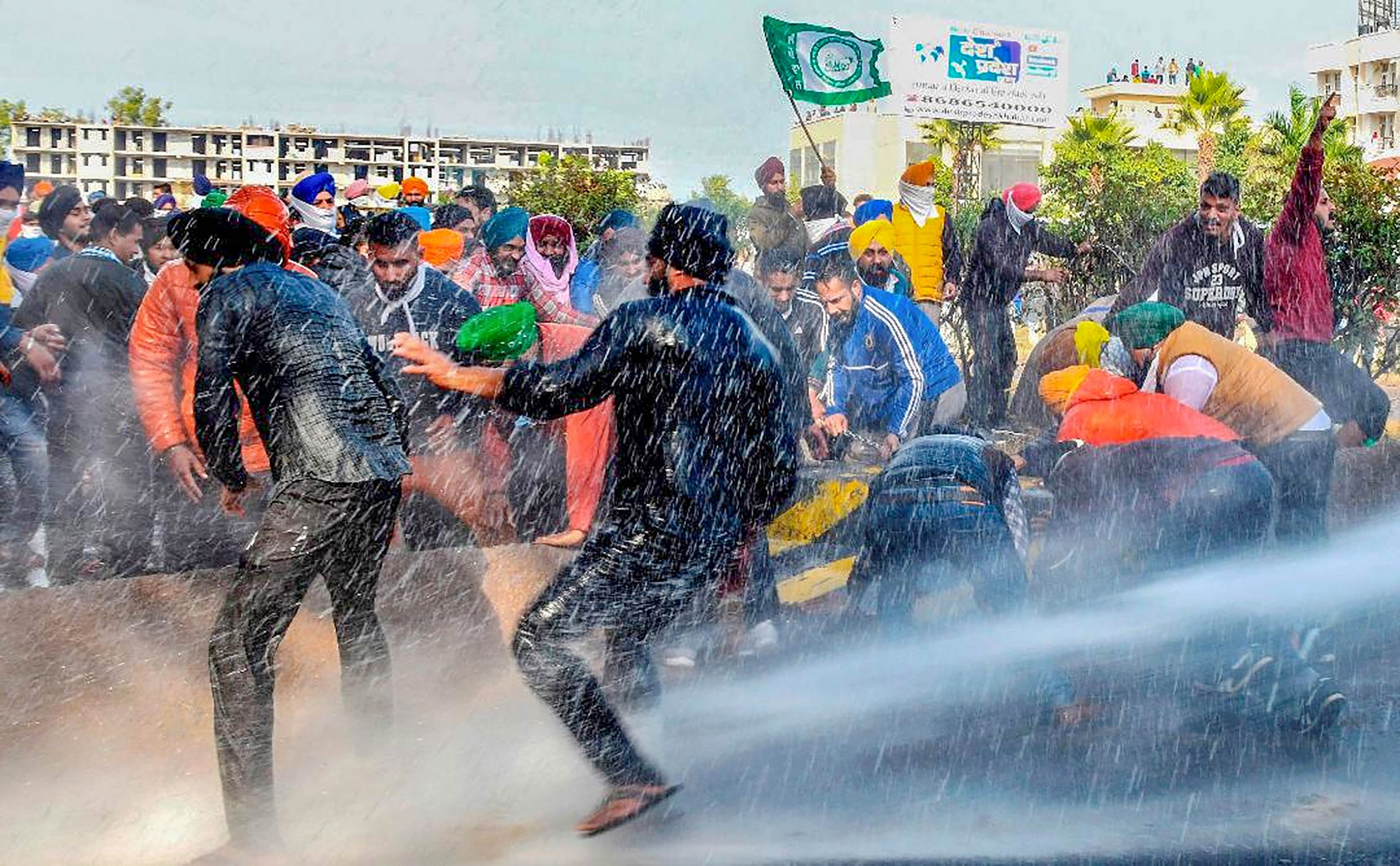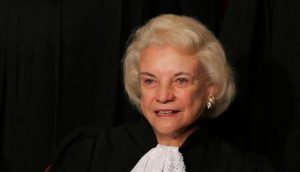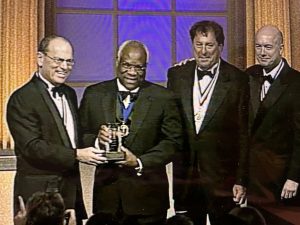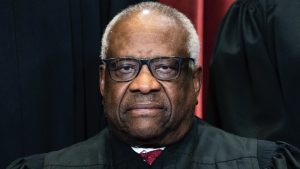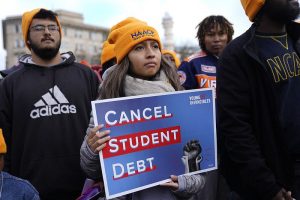On November 25, thousands of agitated farmers, apprehensive
about the newly-enacted farm legislations that they see as a threat to their
livelihood, reached the national capital on their tractor/trolleys and other
vehicles to demonstrate against the Union Government.
About 50 days, eight round of talks, 25 deaths and
various sleepless nights later, the Supreme Court issued an order putting an
ephemeral stay on the implementation of the new laws in order to facilitate a
solution.
Here’s a timeline of how Delhi Chalo protests erupted, the ‘Bharat bandh’ that brought nation to a standstill, streams of conversations and government’s stand:
How did it all start?
Tabled in the Union Cabinet on June 5, the
Farm Ordinances became ‘Farm bills’ after being introduced in Lok Sabha on
September 14 and ultimately became ‘Farm Acts’ after being passed by Parliament
and getting President’s assent on September 27.
Indian farmers, however, began voicing objections from
June 6 itself, when the act was just an ordinance and transformed the protest
from a symbolic gesture of opposition from the rooftops to internationally-recognised Delhi Chalo movement.
November 25: Farmers’ unions in Punjab and Haryana gave a call for ‘Delhi Chalo’ movement where farmers were stopped from crossing the boundaries by using tear gas and lathis.
November 27: Farmers were given permission to enter Delhi after a confrontation with Delhi Police.
November 29: Farmers refused to protest at a
government suggested site, Burari, and began protesting by blocking five main entry
points to Delhi. “We’ve got 4 months ration with us, so nothing to worry. Our
Operations Committee will decide everything,” said Surjeet Singh Phul, State President of BKU
Krantikari.
December 5: As the daily lives disrupted and
Opposition started supporting the protest, Centre held talks with the agitating
farmers but failed to reach a conclusion for the fifth time.
December 6: Punjabi singer and actor Diljit Dosanjh joined the protesting farmers at the Delhi border and donated Rs 1 crore to buy winter-wear for them
December 8: A 24-hour ‘Bharat Bandh’ (nationwide strike) was observed by farmers. At least 15 Opposition parties — both national and regional, supported the ‘bandh’. Several unions, including that of transporters and lawyers supported the bandh.
December 9: Union Home Minister Amit Shah invited the farmer leaders for a meeting on Tuesday. However, the talks remained inconclusive. The Centre has sent a proposal on Wednesday to the protesting farmers, who’ll hold a meeting to discuss the same.
Later, farmer leaders rejected the Union government’s proposal to amend the three contentious laws and vowed to further intensify their agitation until the laws are repealed.
December 13: Farmers from Rajasthan, Haryana, Punjab, Maharashtra, Gujarat and several other states, staged a demonstration on the Delhi-Jaipur Highway led by Narmada Bachao Andolan’s Medha Patkar and Swaraj India national president Yogendra Yadav on being stopped by Haryana police to enter the state.
December 7: The Sikh priest, Baba Ram Singh, who joined the farmers’ protest, shot himself because of farmers’ distress.
January 11: The Supreme Court stayed the implementation of three farm laws, passing directions on a batch of petitions challenging the constitutional validity of the newly implemented Agri laws. The Apex court also formed a four-member committee to hold talks with protesters. The committee has been ordered to hold its first meeting within 10 days in Delhi and submit recommendations within two months from the first sitting.

